It would be all too easy to dismiss Brigsby Bear as an exercise in indie dramedy clichés, a millennial melodrama rendered nigh-uncriticizable by its heavy inflection of hipster irony. Such an assessment would not be entirely off-base, but it would be missing the point — a point driven by the nostalgia-tinged escapism motivating not only its central character, but its creators as well. Brigsby is quintessential Sundance fodder, but it’s also more sincere than that description might imply.
Rather than quirk for quirk’s sake, star Kyle Mooney and director Dave McCarey are utilizing the lens of obsessive fandom that’s so thoroughly defined the internet era of pop cultural overconsumption to examine the nature and purpose of creativity itself. Depicting filmmakers in particular as would-be adults beholden to a state of perpetual arrested development both facilitated and justified by their art, the SNL veterans and former YouTube sketch comedy impresarios are espousing an interesting, if occasionally reductive, perspective on the very purpose of narrative cinema to those who create it — a lofty goal for a film about an animatronic bear at the center of a low-budget space opera.
There’s a significant plot twist very early in the film, and the next paragraph will entail some spoilers. I would highly recommend going into the film with as little advance awareness of its narrative mechanics as possible, so consider yourselves warned. Mooney stars as James, a thirty-something man-child who lives with his parents (Mark Hamill, Jane Adams) in what appears to be a post-apocalyptic fallout shelter. His life is consumed with a fixation on a bargain basement TV show — the eponymous Brigsby Bear — that mysteriously arrives weekly on VHS tapes with hand-illustrated box art.
The twist (skip this paragraph to avoid spoilers) is that these are not James’ biological parents, but a childless couple who kidnapped him in infancy and raised him in total isolation, producing Brigsby as a bespoke edutainment franchise with an audience of one. When the police raid the bunker and bring James into the real world, he’s forced to grapple with the reality of his trauma. But instead of succumbing to a maudlin story of victimization along the lines of Room, Mooney and McCarey take Brigsby in a different direction by following James’ quest to complete the adventures of Brigsby by producing his own feature film.
Don’t be mislead by the film’s sketch comedy pedigree — despite cameos from comedians such as Andy Samberg (who also served as a producer), Matt Walsh and Beck Bennett — Brigsby is only occasionally laugh-out-loud funny. The humor at the core of Mooney and co-writer Kevin Costello’s script is far more personal and cutting than its origins might suggest. This isn’t the perpetual adolescence of Hot Rod or Billy Madison, it’s a statement that touches on something much deeper. While watching James’ fish-out-of-water adaptation to his expanded world is often cute, it’s his character’s capacity to inspire creativity in those around him — and the audience by proxy — that proves to be, as he would put it in his awkward new vernacular, “dope as shit.” Rated PG-13 for thematic elements, brief sexuality, drug material and teen partying. Now Playing at Grail Moviehouse.



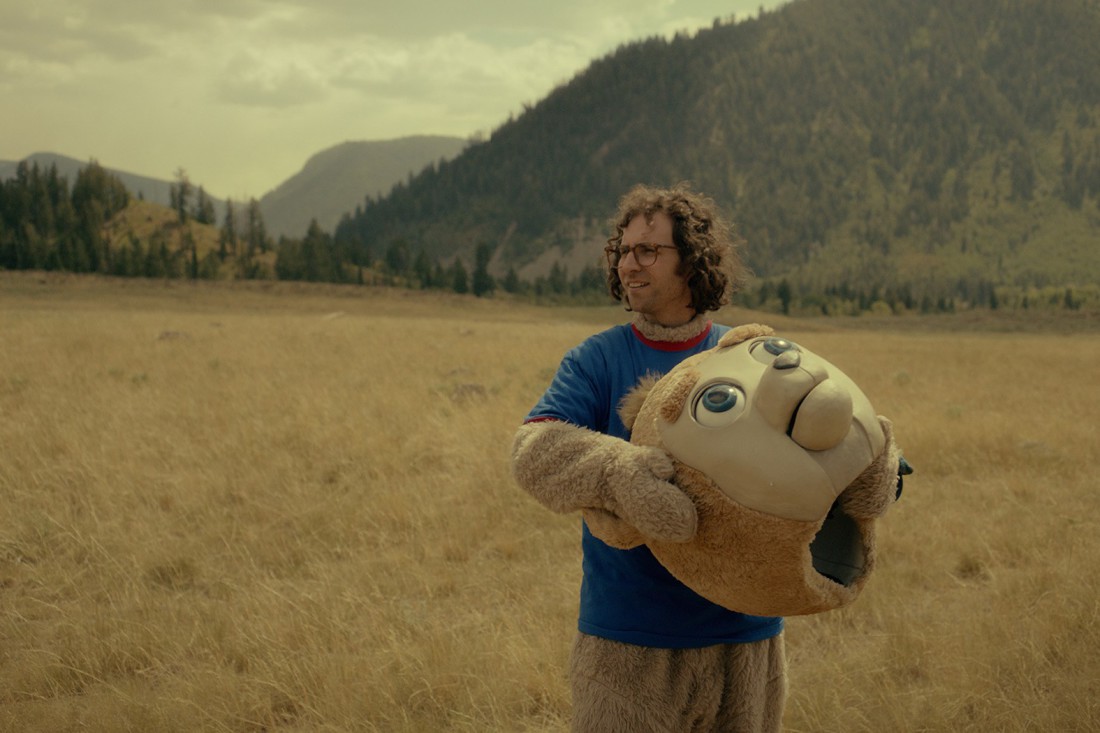
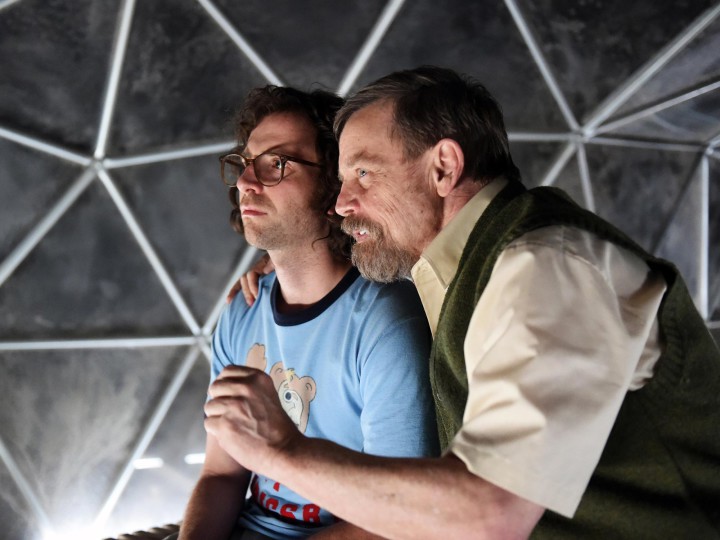
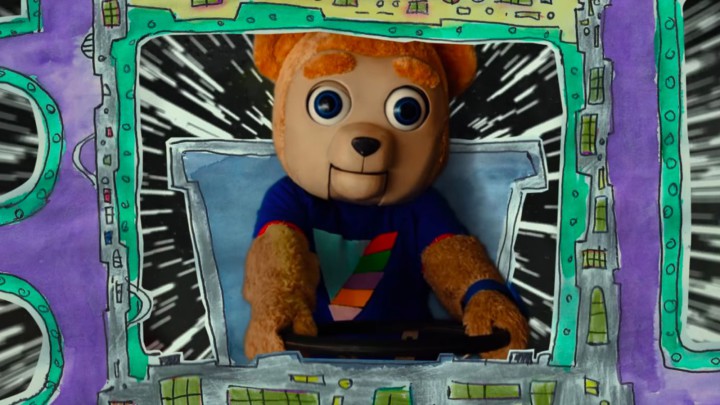

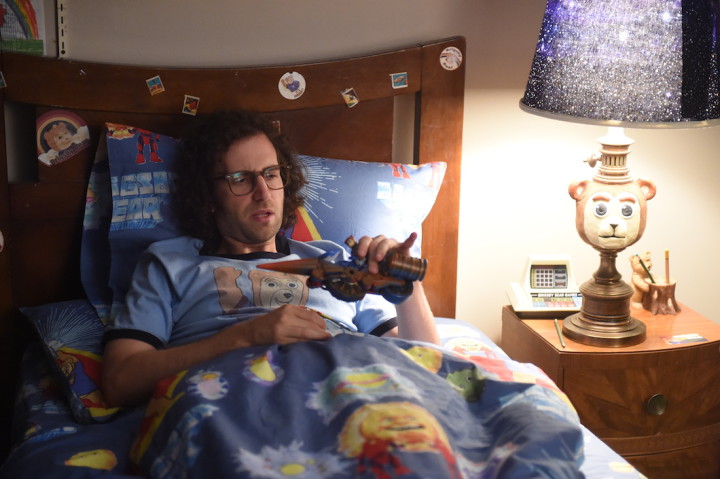
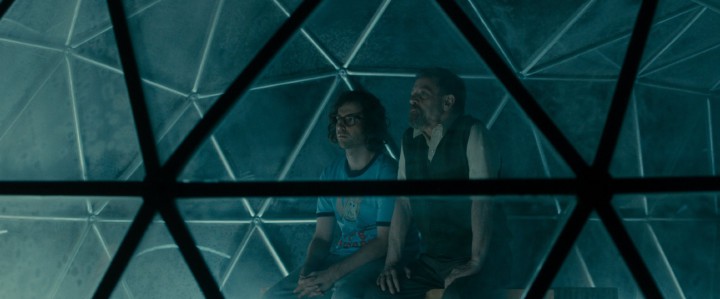
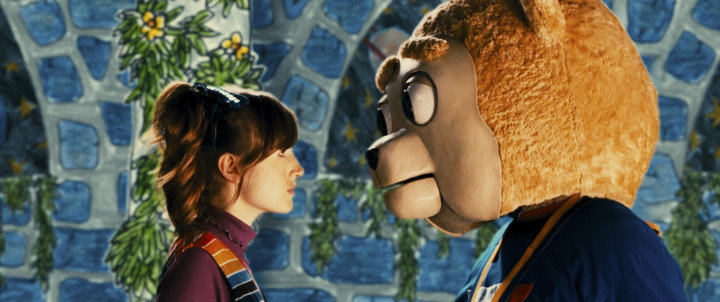

An apt review. I would add some mild disappointment at the under-utilization of the talented Jane Adams.
Agreed. I would gladly have sacrificed half of Claire Danes’ scenes to get more Jane Adams.